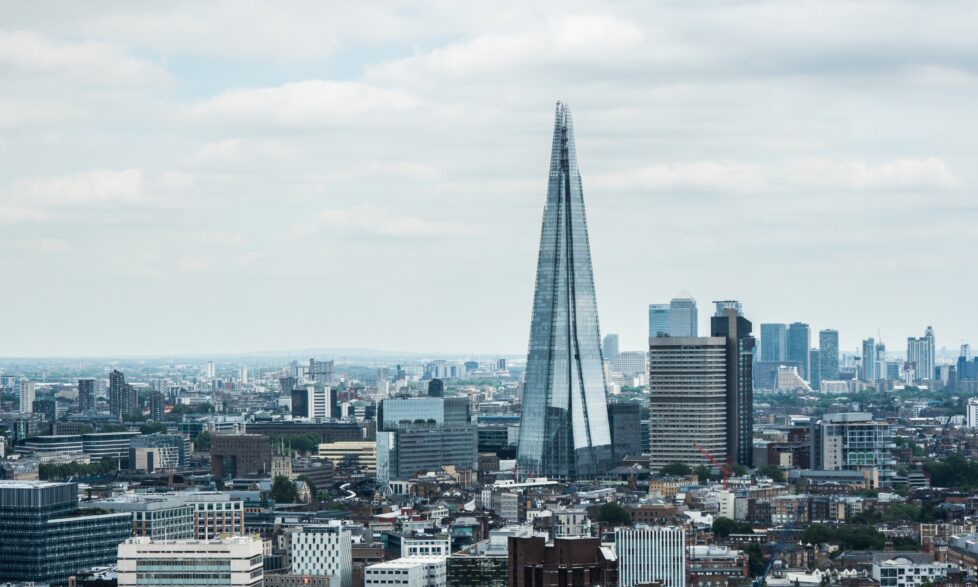Capital consumption
As a world city, London is a centre for the consumption of products and services and the movement of goods, people and finance. The consumption decisions made by people living in London have the capacity to affect people, economies and environments far beyond London’s boundaries in both positive and negative ways.
Positive examples include consumption of fairly traded products that support the livelihoods of producers in developing countries. Negative examples include goods consumed in London causing environmental damage overseas or having been produced with poor labour standards.
This report presents the rationale for using consumption based emissions and for a carbon budget approach to reducing London’s carbon footprint by 90% by 2050.




